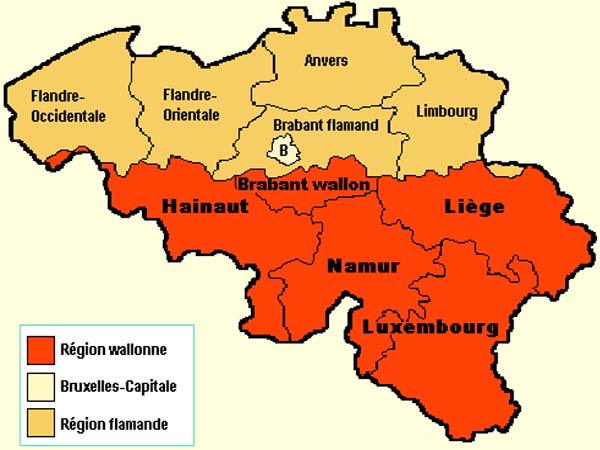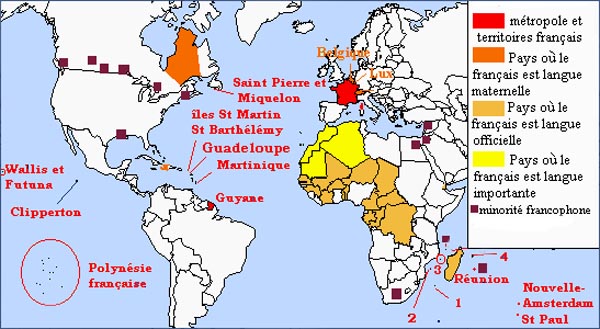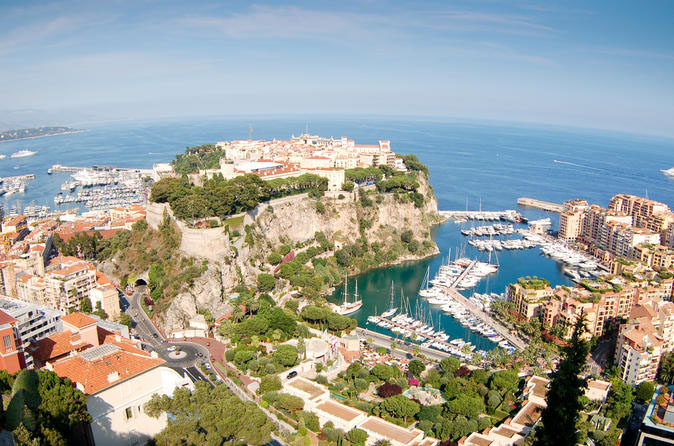You are considering taking French classes in Brussels?
Here is why this is a great idea.
1. The main language in Brussels and Wallonia.
If you came to Belgium for professional reasons, you are likely to work and live in Brussels. If not, you are probably situated close to the capital.
Although Brussels is an increasingly international and therefore multilingual city, French remains without any doubt the main language of communication.
It is very difficult to get a job in Brussels or Wallonia if you don’t speak French well.
Even if you work in an international organisation, you will have to get by in town, when going to a shop or a restaurant, talking to people in the street or any other place you might visit.
If you work here for several years, you don’t want to limit your social life to your fellow-countrymen but broaden your circle of friends as much as possible.
If you come from Flanders, the Northern part of the country, looking for career opportunities in the large, national companies, you will also find out that French is an essential tool to reach your full professional potential.
The French language allows you to talk to your colleagues in professional and informal circumstances alike. That is when language classes become a great idea.


2. A truly global language.
More than 225 million people on our planet speak French. You can find them on every continent. In Europe, French is not only spoken in France and Belgium but also in Switzerland and Monaco. In Africa, French is a widely spoken over half of the continent, either as first or second language.
On the American continent, the vast region of Quebec in Canada is the first place that one thinks of, but French is also the main language on several Caribbean islands, of which Haiti and the Dominican Republic are the largest.
Even in the vast expanse of the Pacific Ocean, you can find French Polynesia, where the language of Voltaire is the national language.
All these places are great holiday destinations. To get the full experience of a stay at the Cote d’Azur, the French language is without any doubt an indispensable asset.
Given the importance of the language, one can certainly claim that taking French classes, enabling you to speak the language, offers you a different and richer view of the world, from a French perspective on culture and history.
2. A truly global language.
More than 225 million people on our planet speak French. You can find them on every continent. In Europe, French is not only spoken in France and Belgium but also in Switzerland and Monaco.
In Africa, French is a widely spoken over half of the continent, either as first or second language.
On the American continent, the vast region of Quebec in Canada is the first place that one thinks of, but French is also the main language on several Caribbean islands, of which Haiti and the Dominican Republic are the largest.
Even in the vast expanse of the Pacific Ocean, you can find French Polynesia, where the language of Voltaire is the national language.
All these places are great holiday destinations. To get the full experience of a stay at the Cote d’Azur, the French language is without any doubt an indispensable asset.
Given the importance of the language, one can certainly claim that taking French classes, enabling you to speak the language, offers you a different and richer view of the world, from a French perspective on culture and history.

3. Diplomacy and politics.
French is an official working language at the most important international organisations: the European Union, NATO, the United Nations, Unesco, the Red Cross, the International Olympic Committee, etc.
The three headquarters of the European Union are situated in cities where French is the main language: Brussels, Strasbourg and Luxembourg. All three countries; Belgium, France and Luxembourg are founding members of the European Institutions.
The English Academy has been an eligible training partner of the European Parliament for several decades. This has allowed us to help many diplomats and politicians from all over Europe to develop their French language skills.
Olli Rehn, the European Commissioner and Pat Cox, when he was preparing to be president of the European Parliament, amongst many others, have come to our language school in Brussels for classes of French.
4. A rich culture.
Speaking and understanding the French language gives you access to one of the richest cultures in the world. It is the language of quality movies that are more than something to keep you busy while eating popcorn.
French theatre has a similarly unmatched reputation.
And what about literature? Reading the greatest works of fiction, science and philosophy in their original language – think of Hugo, Voltaire and Rousseau – is a lot better than reading a translation.
And yes, French is also the language of fine cuisine. In France, food is definitely part of culture, not to mention the wine and the fine art of living with a touch of class.
French TV, newspapers and magazines will send a breeze of fresh air through your thinking on contemporary international issues.
Access to the French-language media offers a necessary counter-balance to the dominant American media.


5 Education.
Speaking French opens the possibility of studying at Belgian or French schools. If you are an expat, living in Brussels, you will likely send your kids to a local French speaking school.
We know this because we often teach French to parents who want to communicate better with the staff of the school that their children attend.
And the French speaking universities need little introduction: the ULB and UCL in Belgium, La Sorbonne, HEC, ‘Ecole Polytechnique’ and the other ‘grandes écoles’ in Paris.
If your French classes in Brussels are successful and boost your language skills to a high level, you could benefit from certain government scholarships that are available for foreign students who register for postgraduate courses or other types of higher education in France and Belgium.
5 Education.
Speaking French opens the possibility of studying at Belgian or French schools. If you are an expat, living in Brussels, you will likely send your kids to a local French speaking school. We know this because we often teach French to parents who want to communicate better with the staff of the school that their children attend.
And the French speaking universities need little introduction: the ULB and UCL in Belgium, La Sorbonne, HEC, ‘Ecole Polytechnique’ and the other ‘grandes écoles’ in Paris.
If your French classes in Brussels are successful and boost your language skills to a high level, you could benefit from government scholarships that are available for foreign students who register for postgraduate courses or other types of higher education in France and Belgium.

